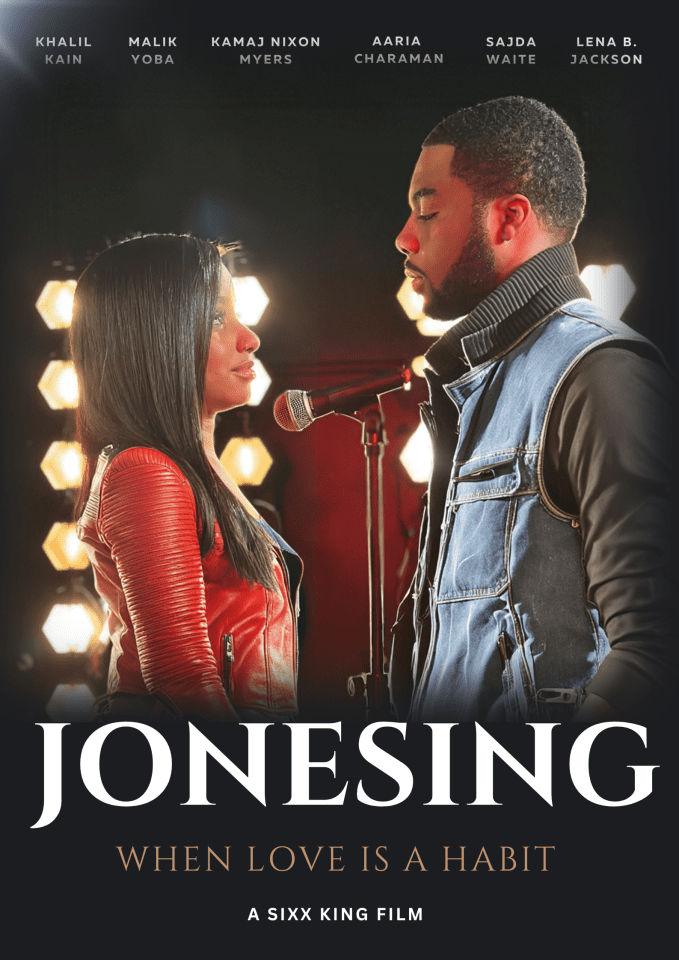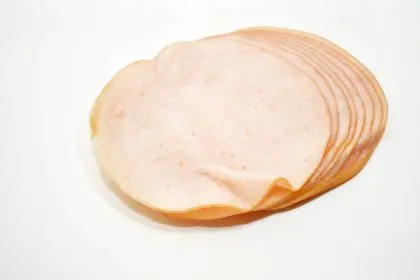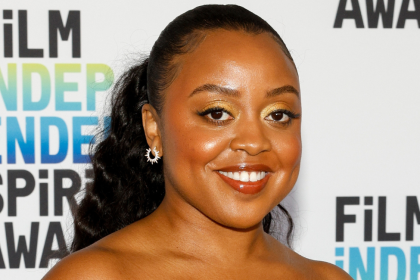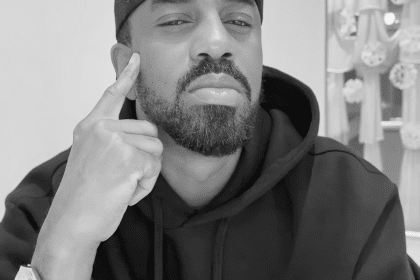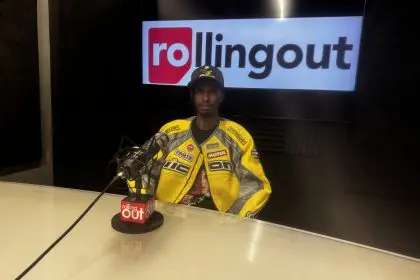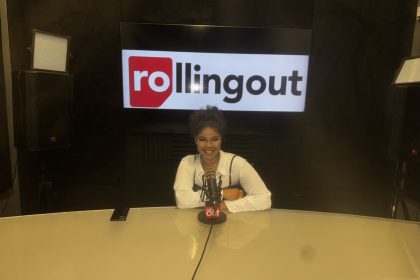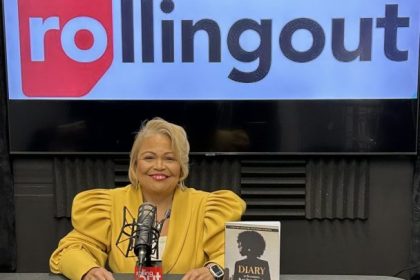
Sixx King, the visionary director behind “JONESING: When Love Is a Habit,” brings a refreshing perspective to Black love narratives in film with this spiritual sequel to Love Jones, same soul, new story. As founder of Sixx Degrees Media with an estimated net worth of $42 million, King has established himself as a pioneering force in the multimedia industry. Starting his career in Philadelphia working with Grammy Award-winning musician James Mtume, King built his empire by producing music videos for multi-platinum recording artists before revolutionizing the streaming industry in 2006. Now, he’s channeling his creative vision into telling authentic stories of Black love through independent filmmaking.
Why is it important to tell the stories that you’re telling?
It’s important to tell the stories that I am telling, because we have to be the author of our stories. They are entrenched in levels of dysfunction that can be one of them, but also beauty and also success, and those things that we rarely hear about, and we rarely see about in media today, it’s all dysfunction. There’s a reason why there’s more dysfunctional shows than there are shows that really tell a story of just beauty and love and peace and happiness, and trials and tribulations, and those things that we go through. So if we want a different narrative, we have to be the author, I truly believe that.
Why is Black love important?
Black love is important for so many different reasons. There’s a plethora of reasons why it’s important, but I think my why is that we know that Black love has been on the target of mainstream America since the first enslaved ships arrived. The louder voices would have you think that we have this disconnect between Black men and Black women which is really untrue. It’s just we still having Black babies and Black weddings and Black things and Black situations, and it’s not as dire as we see it in the media. So, it was important for me to lead with that, and to also be that loud voice of my grandparents, my parents that are not on social media. Talking about these 40-, 50-, 60-, 70-year stories, and amplifying that over the debauchery and the tragedy and the things that we hear. I wanted to be a broader voice and a louder voice for that community that exists and thrives, and that we see it at our family reunions.
How did you come to the title?
JONESING: When Love Is a Habit. I believe that every love story deserves a legacy. And so Larenz Tate and Nia Long set the premise for this, for us to reimagine what that legacy would have been if we saw them grow. And so the premise is, what happened if they had a daughter, and she was a poet, and their relationship bloomed into something beautiful, yet it’s coming to an end, and how would she handle that? How does she handle love in a digital age? So Jonesing is that old school of just wanting, of desire, of something that you had, and you need it again, but it’s not nefarious. It’s love, and it’s in this poetic rhyme of someone that’s looking for something old school in a new era.
Why is it important to demonstrate that even brothers want something deeper in relationships?
It is simple as this, people believe what you do, they don’t believe what you say. I had an old Southern aunt that says, “Boy, you do what you do so much, I don’t hear nothing you saying.” When our acts rival that, when we know that it is deeper, and that there is Black male vulnerability, and even if it’s not displayed as broad as we would like it to be. People just want something a little bit deeper. And so, I wanted to lead with that. I wanted to lead with these conversations that young Black men have when they are vulnerable, and when their feelings are on the line, and how to get through that, and how to navigate through that, but also how people connect. It’s not what you say, it’s what’s unsaid.
Why is it important for men to be supportive without making it about themselves?
We have to get back to that, there was a time and a place where we could, as young men, sit down with the men who had been through this. They had lived this life that we want, and you may have a cigar, or whatever your choice of spirits was, and they would just sit down and tell you how to make it right. You were vulnerable in that moment, but you also had strength around you to say, it’s okay to be sensitive. Just don’t be insensitive towards your mate or the person that you love. When we get to that vulnerability, we’ll be able to have that honest conversation of how we truly feel. We can get some great direction, some great support, and some great love. So, we have to get back to that, because when we try to self-medicate and internalize, that voice is more nefarious than what actually is.
How are you preserving both art and culture through independent filmmaking?
Thank you, because that’s the direction of what I wanted to convey through this and the preservation of art. You have to be willing and able to go forward, and to not only protect your art, but to be a vanguard for it to say, this is what I mean. And not by corporate standards, not by someone who doesn’t have this lived experience, not some by someone that is Googling this experience. But someone who has this lived experience. It’s a shared experience. And, moreover, you connect with it, because you have people that are going down that road. People that say, “That looks familiar. I can connect with that,” because that’s exactly how I felt. You can only get that type of authenticity from someone who is an artist who has lived that, who has taken the time to not only research, but move in that direction of what they feel the audience wants. It is true connection, it is not off brand connection. It is not those that are saying, we need to make this top-dollar, or economically driven. It is pure art. You have to be able to preserve that. The only way that I could do that is, independently. I had to make it happen, and I did. I took that route of sacrifice, it was great sacrifice.
What three things would you share with other directors who want to bring their vision to life?
You have to have perseverance, you have to have those no’s, and I think the third thing is sacrifice. Arm yourself with sacrifice. Shout out to those who are great at raising funds. I always say rich people move slow, I know that there is a need for now, and that you have to get things in timing. So for me, I approach it with great sacrifice. I sold my car, I sold some personal things, I just hit the ground. I turned down no job. I was directing and shooting from birthways to bar mitzvahs. I had a bottom line of what self-financing looked like, and I’m telling you it was a sacrifice, because we all enjoy our things and we understand, I’m attached to this, or I love this, but do I love the art more? And I love the art more. I love telling the story more than my car, more than personal things, jewelry, or things that I was attached to, I love the art more. You have to be willing to say, “I can’t wait on that grant.” You have to forge ahead. I always tell people, “People are waiting for a divine intervention,” when you should be intervening with divinity.
What was it like when you finally got the miracle you needed for your film?
I only had enough money to shoot three days, but I had my actors in pre-production for almost a year, because I was like, when I get these cameras out, this has to be second nature. I had a first lead cast, she didn’t work out at the last minute. My lead for the film auditioned and got the role immediately and only had enough money for three days. And then one day I was opening my drawer and an old birthday card fell out from my mom, and my mom is still with us, thank God! And it fell out, and I read the card, and it’s an old mantra that my uncle, who was my father figure, he used to say, “Keep on keeping on, no matter what goes on, keep on keeping on.” That was our mantra.
So, I was like, that is going to be my mantra for this film. A few days later, I got another job, I actually sold my car, and then got another job on top of that, that would allow me to shoot for seven more days. So, I had a total of 10 days to put this film in the can, and on my eighth day, the anniversary of my uncle passing, came up, and I can feel his presence. I could literally feel his energy around. No spoilers, but in the film, the main character is always giving his love interest a fortune cookie. And so, I had ordered these fortune cookies. I picked them up at a local grocery store, and I was holding on to these fortune cookies like dear God. The box was raggedy, and I had only a few because we had a bunch of takes. On that day, one of the fortune cookies fell out, and I was like, “Oh, God!” I was distraught, and I opened up the fortune cookie, and the fortune cookies said, “Keep on keeping on.” And I lost it.
The next day, Malik Yoba called me, and he said, “I read the script, I love it. I know you are budget-constrained, get me a ticket to Philadelphia” — where we were shooting at the time — “and I’m in it.” Then the next day after that I got an email from Nicole Avant! And she said, “Hey, would you like to come to The Six Triple Eight? I have a screening in New York,” and I’m like, “Absolutely,” with literally $430 left after paying everyone. I was able to make it to New York. Meet Tyler Perry, of course, meet Nicole. Meet Jerry Seinfeld, meet the head of Netflix, and just be with them and see this incredible movie. And I’m like, I got less than $200 in my pocket, I’m in the room with billionaires, and I’m able to talk about my story, and ingest it in conversation, and the next day literally AMC called me and said, “We love it. We love your deck, we love it. We want to partner with you on this for a national rollout.”
Where can people find JONESING: When Love Is a Habit?
JONESING: When Love Is a Habit, exclusively in AMC, June 27th, you can also go to lovejonesmovie.com and get everything, or JONESING movie on Instagram to keep up with us. See this young Black love, see this intergenerational love where you and your mom or you and your dad, your parents can go. It’s a clean movie, nothing crazy, wholesome and it gets right to it, and I’m proud of it.
